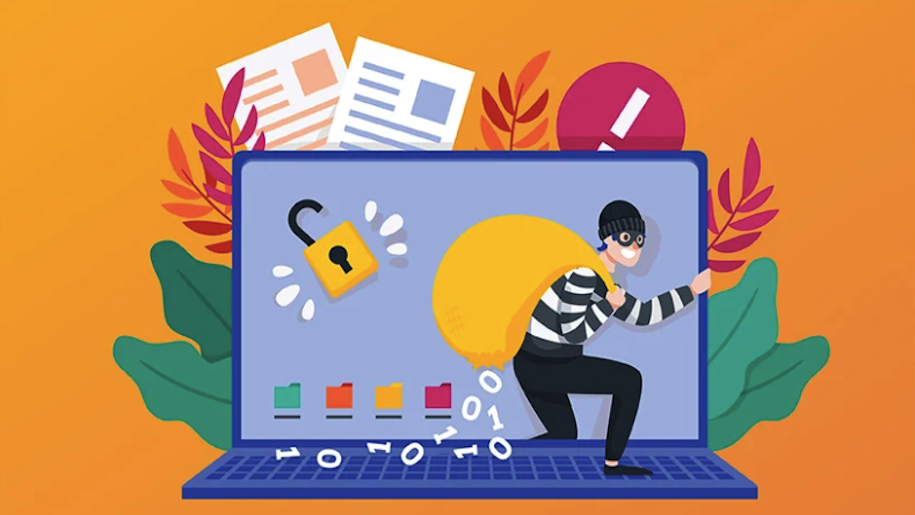Cybersecurity is a critical concern for businesses of all sizes in 2023. With the increasing reliance on technology and the internet in all aspects of business operations, companies are vulnerable to cyberattacks that can cause significant financial and reputational damage.
One major reason companies need cybersecurity is to protect against data breaches. Hackers can gain access to sensitive information such as customer data, financial records, and trade secrets, which can be used for identity theft, financial fraud, and other malicious activities. A data breach can also lead to significant financial losses, as well as damage to a company’s reputation.
Another reason companies need cybersecurity is to protect against ransomware attacks. Ransomware is a type of malware that encrypts a company’s data and demands payment in exchange for the decryption key. These attacks can be devastating for businesses, as they can result in the loss of critical data and interruption of business operations.
Additionally, companies need to be aware of the ever-evolving world of cyber threats, including phishing scams and social engineering tactics. These methods are used by hackers to trick individuals into giving away sensitive information, such as login credentials or financial details.
So, what can companies do to protect themselves from these cyber threats?
One important step is to implement robust security measures, such as firewalls and antivirus software. But perhaps even more important is employee education and training. By educating employees on how to identify and avoid cyber threats, companies can significantly reduce the likelihood of a successful attack.
Another tip for companies is to always be on the lookout for suspicious activity. Regularly monitoring for unusual network traffic or unexpected changes to important files can help identify a potential attack early on, allowing for a quick response and minimizing the damage.
In short, cybersecurity is no laughing matter, but that doesn’t mean we can’t have a little fun with it.
So, let’s all do our part to keep the cyber baddies at bay and keep our data safe and sound. And remember, always be suspicious of that Nigerian prince who wants to give you millions of dollars. It’s probably a scam.
If you think your company is every going through a security breach or you want to make sure you are protected,
There are a variety of cybersecurity tools that businesses can use to protect themselves from cyber threats. Some popular solutions include👇
1. Firewalls: A firewall is a network security system that monitors and controls incoming and outgoing network traffic based on predetermined security rules. Firewalls can help prevent unauthorized access and protect against malware and other cyber threats.
2. Antivirus software: Antivirus software scans for and removes malware from a computer or network. It is important to keep antivirus software updated to ensure that it can detect and remove the latest threats.
3. Intrusion detection and prevention systems (IDPS): IDPS are designed to detect and prevent unauthorized access to a network. They use signature-based detection, which looks for known patterns of malicious activity, and anomaly-based detection, which looks for unusual activity that may indicate an attack.
4. Two-factor authentication: Two-factor authentication (2FA) is a method of confirming a user’s identity in which a user is required to provide two different forms of authentication, such as a password and a fingerprint. This adds an extra layer of security to protect against password cracking and phishing attacks.
5. Security Information and Event Management (SIEM): SIEMs are used to collect, analyze and correlate security-related data from various sources, such as logs and network traffic, in order to identify and respond to security threats.
6. Virtual Private Network (VPN): A VPN encrypts all of a device’s internet traffic and routes it through an intermediary server in a location of the user’s choosing. This can help protect against network-based attacks and keep sensitive data safe when working remotely.
These are just a few examples of the many cybersecurity tools available to businesses. It’s important to carefully evaluate the specific needs of a company and choose tools that will effectively protect against the types of threats that are most likely to be encountered. Additionally, it’s important to regularly update and maintain these tools to ensure they continue to provide effective protection.






